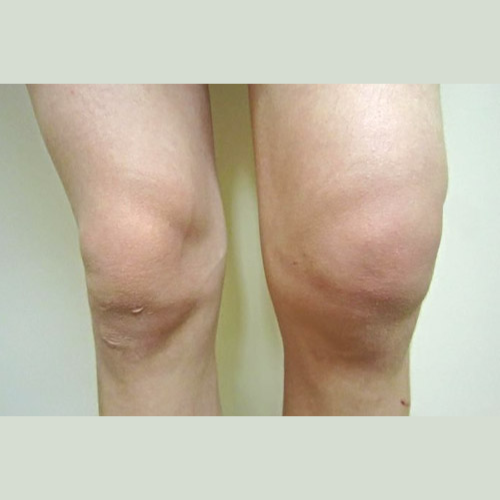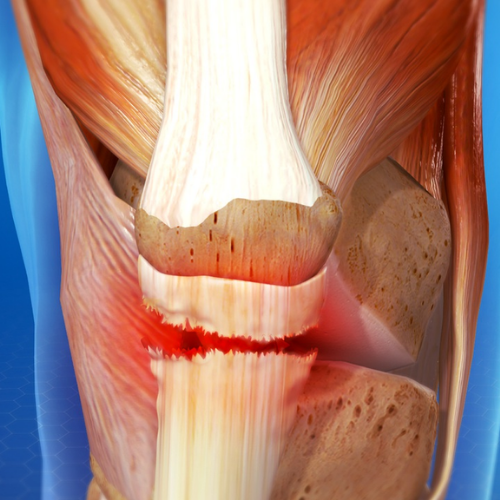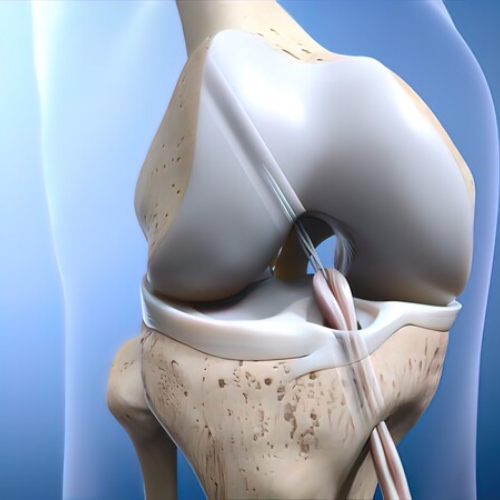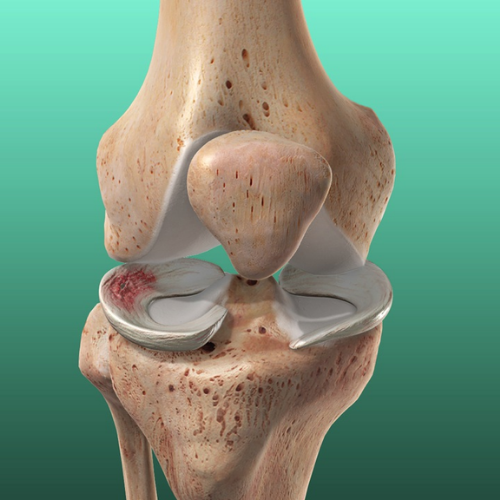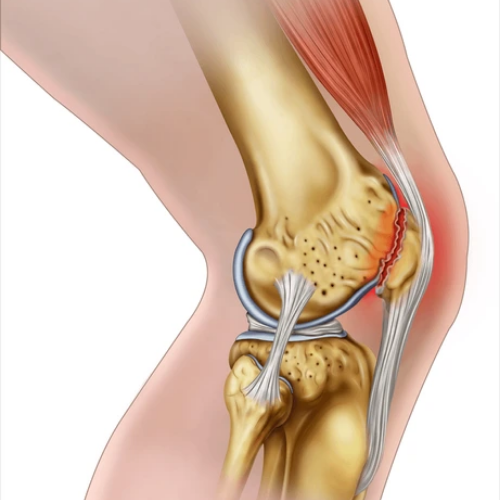Working Time
Book Appointment

Sports-related knee pain can stem from various causes, including overuse, acute injuries, or underlying biomechanical issues. Accurate diagnosis and effective treatment require an understanding of the pain's nature and triggers.
Here's an overview:
Patellofemoral Pain Syndrome (PFPS)
Patellofemoral Pain Syndrome (PFPS), also known as runner's knee or jumper's knee, is a common condition characterised by pain around or behind the patella (kneecap). It typically occurs when the patella does not track properly over the femur (thigh bone) during knee movement, leading to irritation and inflammation of the surrounding tissues.
Symptoms of PFPS may include
· Anterior knee pain, often described as a dull, aching sensation around or behind the patella.
· Pain aggravated by activities such as running, jumping, squatting, or prolonged sitting with the knees bent.
· Pain that worsens when walking downstairs or downhill.
· Swelling or tenderness around the patella.
· Grinding or popping sensations with knee movement.
Treatment and management strategies for PFPS typically include:
Rest and Activity Modification: Avoid activities that exacerbate knee pain, such as high-impact exercises or prolonged sitting with the knees bent. Engage in low-impact activities like swimming or cycling instead.
Physical Therapy: A structured physical therapy program focusing on strengthening the quadriceps, hamstrings, and hip muscles can help improve knee alignment and stability. Therapists may also use modalities like ultrasound or electrical stimulation to reduce pain and inflammation.
Patellar Taping or Bracing: Applying tape or wearing a knee brace can help realign the patella and provide additional support during activities. This can help reduce pain and improve function in some individuals with PFPS.
Orthotics or Footwear Modification: Addressing biomechanical issues such as foot overpronation or improper shoe wear can help improve lower extremity alignment and reduce stress on the patellofemoral joint.
Seek evaluation and guidance from Dr. Tushar, an orthopaedic specialist experienced in treating knee conditions. Dr. can provide personalised recommendations and treatment options based on your specific needs and medical history.
Overall, the management of PFPS involves a comprehensive approach tailored to the individual's symptoms, functional limitations, and underlying biomechanical factors. It's essential to work closely with a healthcare professional, including Dr. Tushar, to develop a personalised treatment plan and optimise outcomes.


